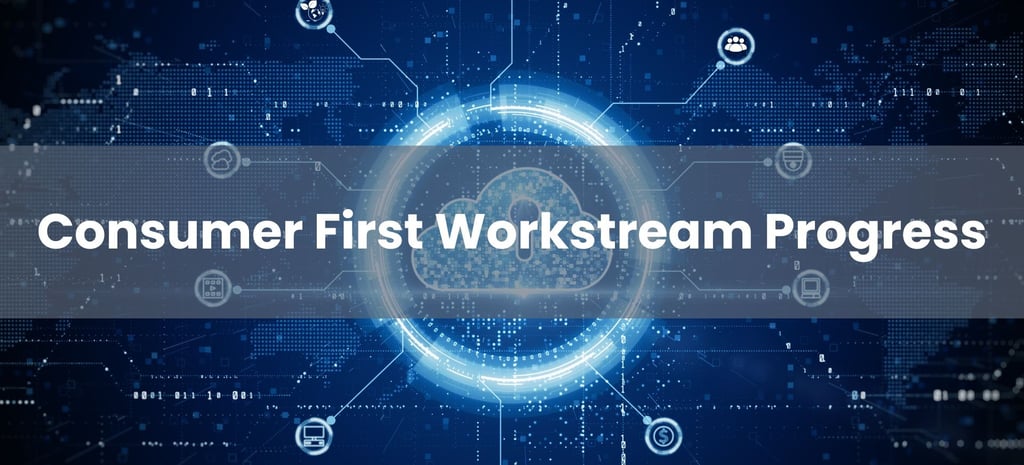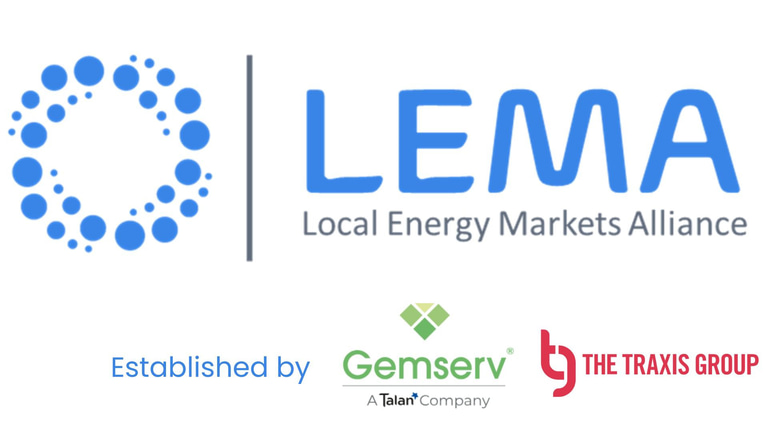Consumer First Workstream Progress
In this blog we discuss the progress made during our Consumer First CIG meeting, focusing on developing a viable economic model for low carbon technologies and creating compelling propositions with the consumer at the forefront. Click here to read more.
Petter Allison and Simon Anderson
6/18/20243 min read


The LEMA Consumer First Workstream meeting was held on 28th May 2024 both online and at Gemserv’s offices in London. This was the inaugural meeting of the Benefits, Economics & Finance CIG, and the Customer Proposition CIG which make up the Consumer First Workstream. It continues the LEMA narrative following on from the Systems workstream and will be followed by the third and final ‘Place-based’ workstream on 9th July.
Simon Anderson started the day by outlining how customer first underpins these CIGs, requiring both a compelling customer proposition, and viable economics and asset ownership model.
The Economics & Finance CIG was chaired by Petter Allison representing The Traxis Group, starting with an overview of why we need a new business and operating model to accelerate progress to a mass market in residential and community Low Carbon Technologies (LCT) – PV, heat pumps and heat networks, battery storage, EV charging, etc.
Essentially the phased removal of gas heating, and the rise of large new electrical loads from electric heating and EV charging, is causing two problems:
· Increasingly stressing grid capacity, and causing delay and cost for new connections
· Increasing (especially upfront) costs for customers, requiring a smart approach to realise customer benefits and minimize costs.
The core problem statement was defined as: Is there a viable economic case for customers? Following from this was consideration of the “building blocks” of customer costs & benefits, and how these can be assembled into the start of a customer proposition. A key follow-on consideration was the business model arrangements to enable value to be created, especially the options for asset ownership and funding.
We started by discussing customer segments: new build housing estates (owner occupied and rentals), estates in need of renovation and upgrading to accommodate LCT, social housing, and individual retrofit. The conclusion is that density of operations is needed to make the economics more attractive, especially in the early phases, and that this can form the nucleus to later extend out to individual retrofit.
The ReDEAM (Residential District Energy Asset Management) model, presented at the inaugural Leeds Castle even in 2023, was outlined, with a focus on asset ownership and the inter-dependent financial flows between the involved parties constituting the market: the customer, property developers, DNOs and iDNOs, flexibility managers and monitisers (energy suppliers, aggregators, platforms, operations managers, etc), and investors.
Petter outlined a simple table of likely residential retail costs for the LCTs, where discussion focused on how quickly costs have fallen and are reducing, and how the capacity and capabilities of LCTs are increasing. This was followed by Petter’s table of plausible benefits for the customer, with broad ranges depending on specific factors. Discussion here focused on the insight from publicly available resources, that adding additional LCT capabilities and capacities makes the customer payback worse, unless the asset capabilities are exploited in a smart way through flexibility provision.
A key advantage and differentiator in building the value case is from the earlier Networks, Data & Platform CIGs, which is defining the Dynamic Load Averaging contract. The DLA provides for the DNO/DSO to make payments to manage load in advance of construction, forestalling grid congestion. This payment can form the foundation of the benefits case, with substantial derisking benefits for the overall model.
Discussion recognised that a more sophisticated view of flexibility monitisation is needed. The modelling work in the Network, Data & Platform CIGs to quantify the benefits from the LCTs to the DNO/DSO and for flexibility services, will feed into this. Members discussed ways their own data, models and experience can support future CIG workstreams giving rise to the next Integrated Project Team - the Economic Development IPT.
Philip Lewis then chaired the Customer Proposition CIG for its inaugural session, as the LEMA foundations of the ReDEAM model, Networks DLA, and outline economics now pave the way to inform discussion on the customer proposition.
Discussion started with Philip’s outline of propositional guiding principles, in particular simplicity, customer protections, and value for money for the customer. Philip then elaborated on these to show a customer proposition value dimensions table, to discuss the relative importance and ranking of features. Unsurprisingly lower and more predictable energy bills were at the top, followed by the concept of future-proofing, especially with regard to EV charging capabilities and to a lesser extent being compliant with new energy regulations. Customer attitudes to financing options, and individual versus shared energy assets were also discussed, before turning to an examination of the proposition that needs to be made to and accepted by the property developer.
Propositional issues and potential customer objections were discussed alongside potential mitigators and alternative options, which then led to a discussion on Trust & Governance. Essentially, how to make the customer trust we will always be there for them? Practically, what assurances need to be made about energy bills, customer choice, and the topic of guarantees and performance measurement and information sharing.
The CIG ended with members offering to participate in the next steps to further develop the ‘consumer first’ theme through two immediate activities: the Consumer Proposition IPT and the Trust and Governance IPT. These will be followed in due course with a Consumer Research IPT.
Those wishing to participate in any of the above IPTs should contact the Chair of the relevant CIG or click here to register your interest online.
